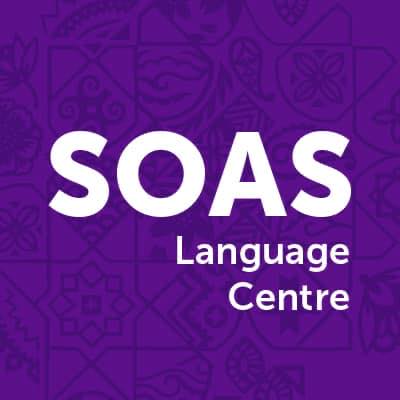The Tibetan language area covers a substantial territory ranging from Pakistan (Baltistan) in the west to India (Ladakh, Sikkim, Arunachal Pradesh) and China (Tibet Autonomous Region, Qinghai, Sichuan, Yunnan) in the east. A Tibetan language, Dzongkha, is the national language of the independent.

The Tibetan language area covers a substantial territory ranging from Pakistan (Baltistan) in the west to India (Ladakh, Sikkim, Arunachal Pradesh) and China (Tibet Autonomous Region, Qinghai, Sichuan, Yunnan) in the east.
A Tibetan language, Dzongkha, is the national language of the independent kingdom of Bhutan. In total, there are estimated to be around twenty-five dialect groups within Tibetan, representing in excess of six million people.
Classical Tibetan is the oldest recorded form of any Tibetan language and has long functioned to preserve not only a cultural but a linguistic unity in the Himalayan region as well as amongst Tibetans in migration and in diaspora.
It has an important, largely Buddhist literature dating back to the 7th century, when emperor Songtsän Gampo commissioned his minister, Gar Tongtsän, to devise a script for the language.
Modern Tibetan is spoken and studied both in its place of origin and by Tibetans in exile. The variety acknowledged as the standard form is often referred to as ‘Central Tibetan’ and is based on the usage of Lhasa.
Unlike the Tibetan spoken in Ladakh, Central Tibetan has evolved a tone distinction not attested in Classical Tibetan. This feature, known as tonogenesis, is of great interest to linguists.
Modern Tibetan is an important vehicle of cultural preservation and innovation, boasting a thriving contemporary literature and vibrant film industry. Whilst the classical language has had an undeniable influence on literary models and themes, contemporary writing in Tibetan is a testament to the versatility of the language in reflecting the Tibetan experience through times of great social upheaval and rapid technological change.
Enroll now for our July and August Intensive courses 2023. Please see our timetables for the full list of scheduled courses and how to enroll.
Please find a list of language short courses we offer throughout the year. Unless stated otherwise, these languages may be offered either as a short-term time course or for tailored tuition. We enroll throughout the year in line with our term dates.
Complete our online form to register your interest in a language not currently advertised. We endeavor to introduce additional languages, given there is sufficient interest. Please read our terms and conditions before applying for any of our courses.
© 2025 coursetakers.com All Rights Reserved. Terms and Conditions of use | Privacy Policy